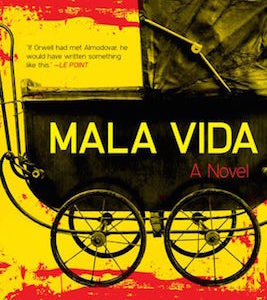From essays to interviews, excerpts and reading lists, we publish around 80 features a month. And though we’re proud of each day’s offerings, we do have our personal favorites. Below are some of our favorite pieces of writing from the month at CrimeReads.
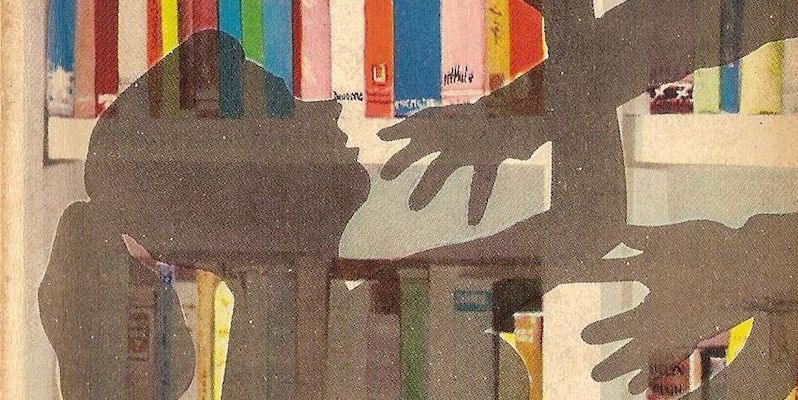
“On The Casual Sociopathy of the Traditional Mystery,” by Gytha Lodge
“Was this really what happened in Agatha Christie? Surely she wasn’t quite so casual about death.” In this thoughtful take on the dark side of traditional and cozy mysteries, Gytha Lodge looks at the dangers of presenting murder as acceptable entertainment merely because the crime is not messy. By the logic of this article, the more violent and discomforting a death in a crime novel is, the less exploitative of human suffering it becomes. An unusual take on an oft-discussed topic!—Molly Odintz, CrimeReads associate editor
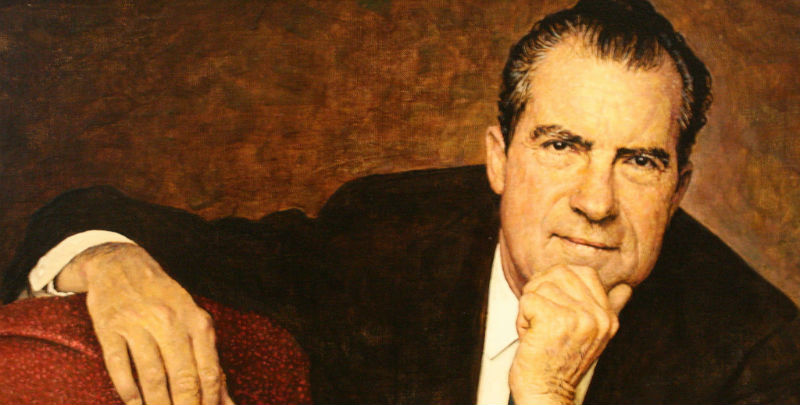
“Nixon in Fiction: A Complex, Bizarre History” by Alan Glynn
It’s no surprise that the former president looming largest in our minds these days is Nixon, and nowhere more-so than in the world of crime fiction, where the headlines these days seem ripped from thrillers, rather than vice versa. Here, Alan Glynn rounds up the many visions of Nixon in fiction, from the corrupt, to the criminal, to the surprisingly nuanced, in what might well read as a preview for how the current holder of the office will appear to crime readers to come.—MO

“My Violent Friend: Growing Up With The Psychopath Next Door” by Christopher J. Yates
Chris Yates was only 10 when he first befriended the next-door bully, too excited to have a companion to realize the danger he faced from his new friend. In this wistful personal essay about childhood fears grounded against a blasted North England landscape, memories are vivid and real, full of danger and excitement. I finished reading this essay relieved at the author’s survival, and wondering what happened to the neighborhood psychopath when he reached adulthood.—MO
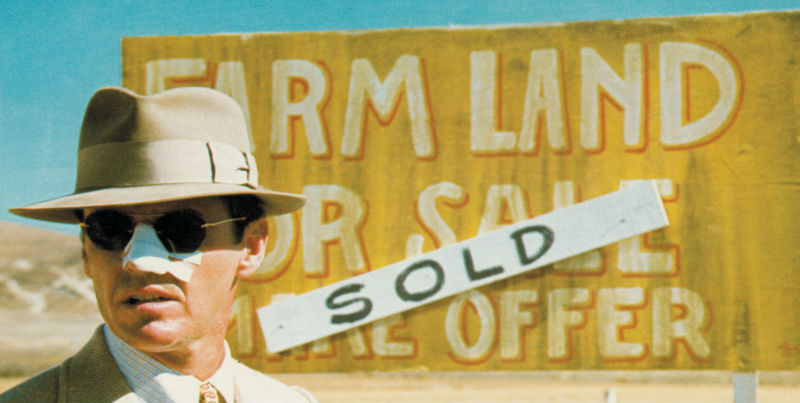
“The Crooked Land Deal: A Very American Crime” by Wil Medearis
Who doesn’t love a crooked land deal? For those of us who grew up watching Chinatown and Horse Feathers, scheming developers are part and parcel (or perhaps, part and parceler) of the American dream. In this wide-ranging piece, Wil Medearis looks at the eternal appeal of land fraudsters, and recommends some of the best stories featuring swindlers, gentrifiers, and other shady developers.—MO
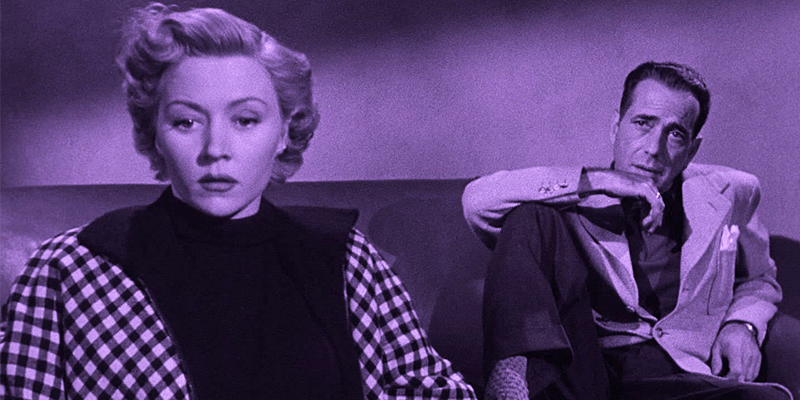
How A British Bookseller Fell in Love With American Noir, by Joseph Knox
“They took everything they had, their words, their tragedies, their disappointments, and weaponized them into pin-prick sharp novels of enduring power, wit and insight.” Crime writer Joseph Knox discovered the joys of American noir as a British bookseller steeped in a searingly personal and funny, often dark, distinctly stylish genre—much of which was unpublished at the time in the UK. For those looking for an entree into the genre, this ode to American noir adoringly mentions some of the all-time greatest crime fiction, and is likely to turn the last crime holdouts into converts.—Camille LeBlanc, CrimeReads editorial fellow
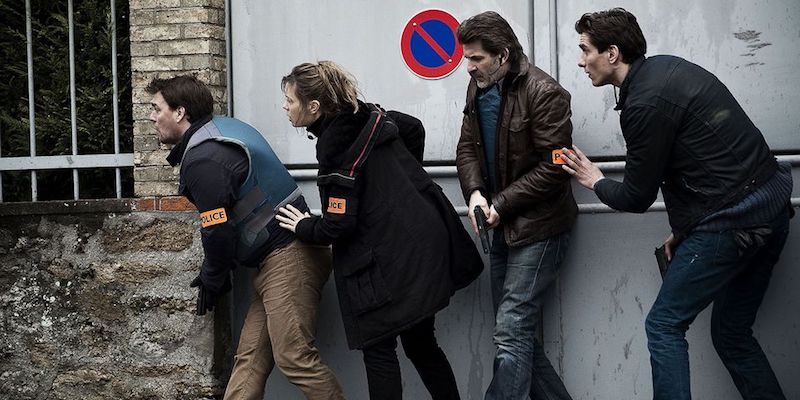
Why Spiral Doesn’t Deserve to be Compared to The Wire, by Radha Vatsal
French TV is not known for its racial sensitivity or inclusivity, and the hyper-realist crime show Spiral is no exception. Despite attempting to depict a multicultural world, its tendency to typify minority characters and reinforce stereotypes only furthers the reality of prejudice. For a more thoughtful alternative, try France’s brilliantly plotted espionage thriller, The Bureau.—CL

The Dark and Dreamy Noir of the Great Gatsby, by Lisa Levy
How have we gone nearly a century without heralding Jay Gatsby as the noir hero incarnate? Contributing editor Lisa Levy’s examines The Great Gatsby from a crime perspective, shedding light on the noir elements at play in Fitzgerald’s classic. 1920s Long Island is a hotbed of illegal activity (cheaters, scammers, and a murder to top it all off), but lurking beneath the surface are characters chasing a future, running from a haunted past, and infected to the core by noir.—CL
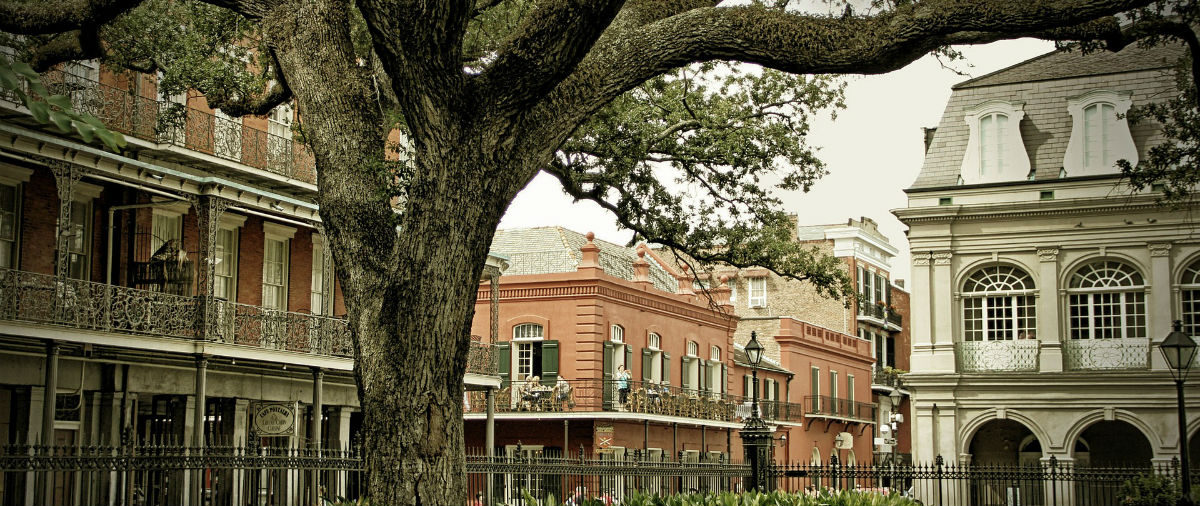
The Crime Fiction of New Orleans, by Paul French
It’s New Orleans. And it’s crime fiction. What more do you need to know? Paul French’s “Crime and the City” column is one of our favorite things here at CrimeReads, and this latest installment is a special treat. French stops by Octavia Books looking for recommendations and discovers a world of noir gems that evoke and explore all facets of one of America’s greatest cities. Plus, who could say no to James Sallis’s Lew Griffin series?—Dwyer Murphy, CrimeReads managing editor
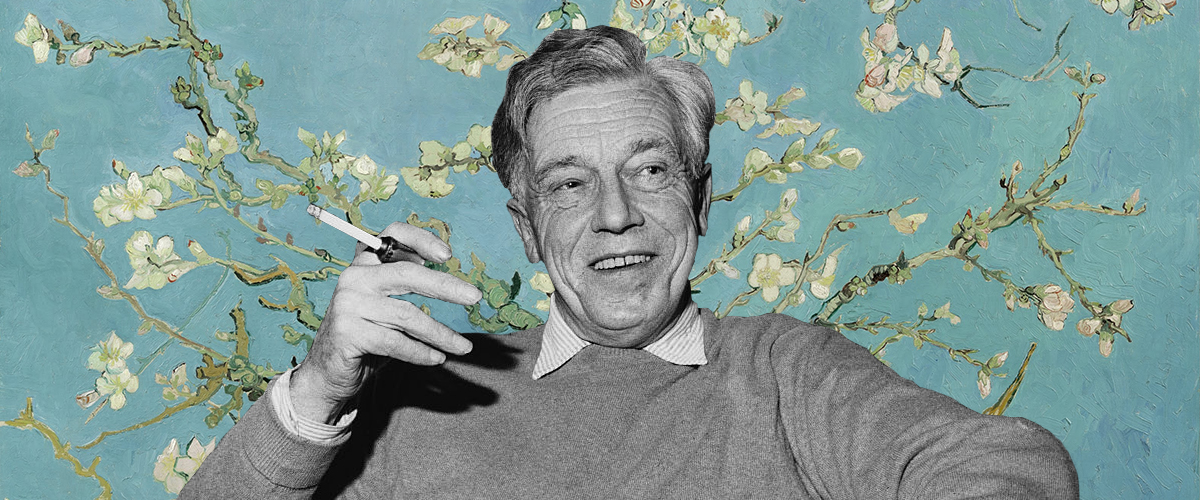
Nicholas Blake: A Crime Reader’s Guide to the Classics, by Neil Nyren
It may come as news to some that Cecil Day-Lewis, the one-time poet laureate of the UK (and father to Daniel Day-Lewis) was also a prolific and accomplished mystery writer, but not to Neil Nyren. Nyren is our trusty guide through the works and lives of classic crime fiction authors, and this month he brings us into the world of Nicholas Blake, Day-Lewis’s longtime pen name. Day-Lewis had an ambivalent relationship to his mystery work, which seems to make it all the richer and more nuanced, as he injected his works with notes of philosophy and of course poetry.—DM
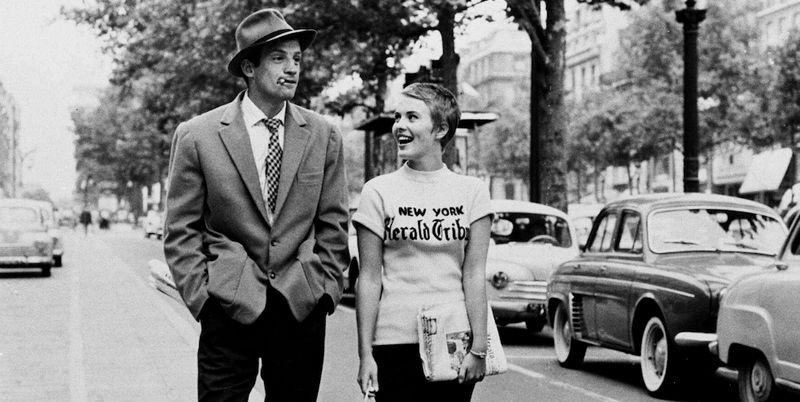
Why do the French Love American Noir?, by Gabino Iglesias
Any serious crime fiction reader who’s been to France has probably asked themselves this same question, or some variation on it. Why do the French love this stuff so much? And where do they get such fantastic taste from? Gabino Iglesias, who knows a thing or two about good noir, decided to go to the authors themselves for answers, corresponding with William Boyle, David Joy, Laura Lippman and more, and asking them how and why they’ve found success in France. Besides being illuminating of the current state of publishing, this one’s also a great article for anyone who ever dreamed of waking up one day to discover they’re the toast of Paris.—DM
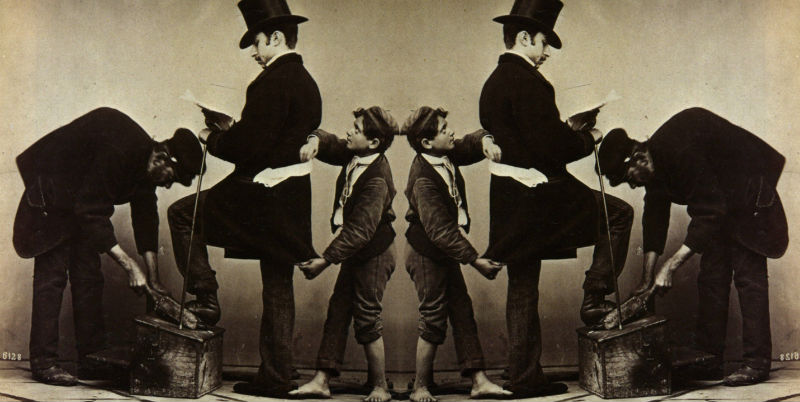
David Maurer, the Dean of Criminal Language, by Sarah Weinman
Subcultures are always interesting to explore, especially when they’re criminal subcultures. David Maurer made a career out of it, a fairly legendary career as far as these things go, and Sarah Weinman’s look at this scholar and author is already one of the most engaging things you’ll read this month, and that’s before you get to the glossary of crime slang at the end, which includes very helpful definitions for criminal jargon like “Winchell,” “the rag,” “the mush,” and happy dust.—DM
















